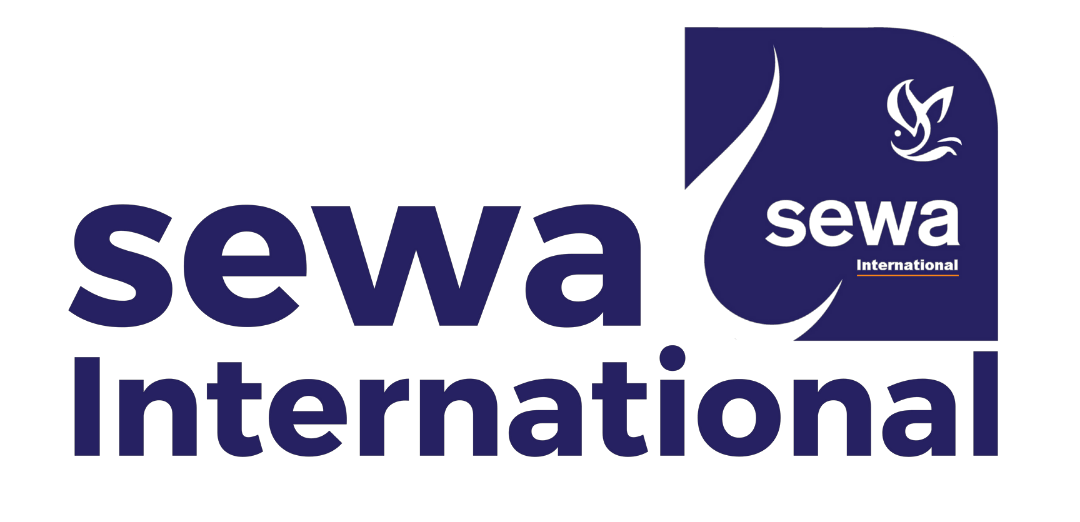

10 Years of Mandatory CSR: |
10 Years of Mandatory CSR: |
A decade has passed since the Companies Act, 2013 mandated corporate social responsibility (CSR) for companies based on their net worth, revenue, or profits, in April 2014. It's time to take stock of the journey thus far, examining the strides made and the hurdles encountered in the realm of corporate philanthropy. |
Initially conceived to infuse a sense of social responsibility into corporate operations and enhance governance standards, CSR has evolved into a cornerstone of corporate citizenship in India. The mandate, enshrined in Clause 135 of the Companies Act, requires qualifying companies to allocate a percentage of their profits towards projects for social development. This legal obligation has catalyzed a significant shift in corporate behavior, prompting increased investment in social causes and fostering a culture of giving back. Over the past decade, the landscape of CSR in India has seen notable transformations. There has been an upward trend in social sector investments, indicative of a growing commitment among corporations to fulfill their CSR obligations, as showcased by State of CSR Report by Sattva Consulting (Graph 1). Amendments to existing regulations have sought to enhance accountability, transparency, and impact assessment, ushering in a more systematic approach to social development. In the past decade, CSR regulation has unlocked more than 1.5 Lakh Crores worth of investment in social development. There has also been a progressive social dimension of this, where publicly listed companies have consistently breached the minimum CSR spending requirements of 2% of profits, signaling a maturation of CSR practices and the deep-rootedness of social commitments within corporate governance, as demonstrated by CRISIL CSR Yearbook 2022 (Graph 2). As the world’s fastest- growing big economy, this trend and optimism for social spending are likely to continue. |   |
 |
While these developments are cause for optimism, challenges persist. [CB1] Within CSR, as per the data submitted to MCA (Ministry of Corporate Affairs), around 33% of CSR spending is directed toward a few states, namely Maharashtra, Gujarat, Karnataka, and Tamil Nadu, while states with lower industrialization and higher rates of poverty, such as Bihar, Jharkhand, and Uttar Pradesh, have lagged behind in per capita CSR spending. |
Graph 4 underscores the widening gap between states in terms [CB2] of CSR investments, pointing to the geographical bias in spending and the need for a more equitable distribution of corporate philanthropy. There is a bias in the CSR spending pattern based on the domains of social impact. While Education and Healthcare together make up ~50% of the cumulative CSR spending of the past decade, domains like Art and Culture, Sports and Incubators receive abysmally low levels of CSR support, as demonstrated by State of CSR report by Sattva Consulting (Graph 4). One more trend in the CSR spending is the increasing implementation of CSR projects by the companies themselves. Nearly one-third of the CSR implementation is now being conducted by the companies themselves via their Foundations. While NGOs carry decades of work experience with the communities and focus on community involvement, most of these foundations act as implementation arms, often leading of minimal value creation. Amidst these challenges, there has been a growing emphasis on outcome-based financing, signifying a shift towards results-driven philanthropy. This is demonstrated by the updated CSR regulation mandating impact reporting for larger projects as well as the launch of Social Stock Exchange. |  |
As per the India CSR Outlook Report 2022 by IndiaCSR, 91% of the surveyed companies delve into the impact of past projects while allocating CSR budgets and 59% also complain about the gaps in impact communication by NGOs, showcasing rising expectations towards social impact outcomes. Furthermore, there is a burgeoning demand for professionalism and domain expertise in the field of social development. With the CSR regulation mandating the requirement for direct board oversight of CSR activities, around 73% of companies have suggested using technology for CSR project management and 60% recommend capacity building of NGO partners, as per CSR Outlook Report 2022 by IndiaCSR. In conclusion, the journey of CSR in India has been marked by both progress and pitfalls. While the mandate has undoubtedly spurred increased social investment, there remains room for improvement in terms of equity, accountability, and community engagement. There is a growing need to go beyond CSR and move towards Indian Social Responsibility (ISR) as has been the Indian Value System of Sewa and Daana. One reflection of ISR is in the form of corporate volunteerism, i.e. engaging corporate employees as volunteers for social development projects; however, the current levels of such engagements leave much more to be desired. As we look towards the future, let us strive to transcend the confines of CSR and embrace a more inclusive, impactful, and culturally aligned approach to social development by corporates. Through concerted efforts and a reimagining of CSR as a catalyst for societal transformation, we can realize the true potential of corporate philanthropy in India. |
About Authors |
|
